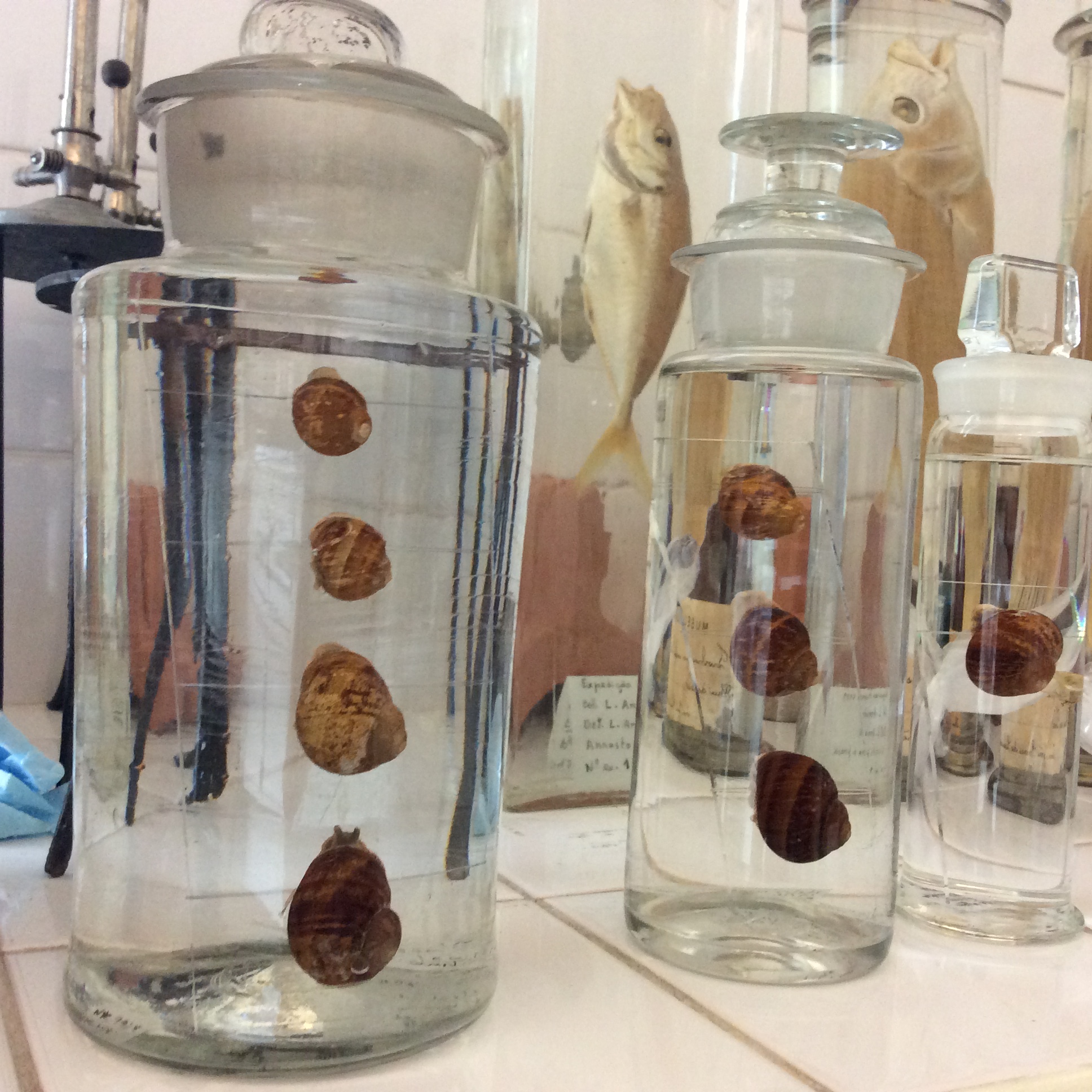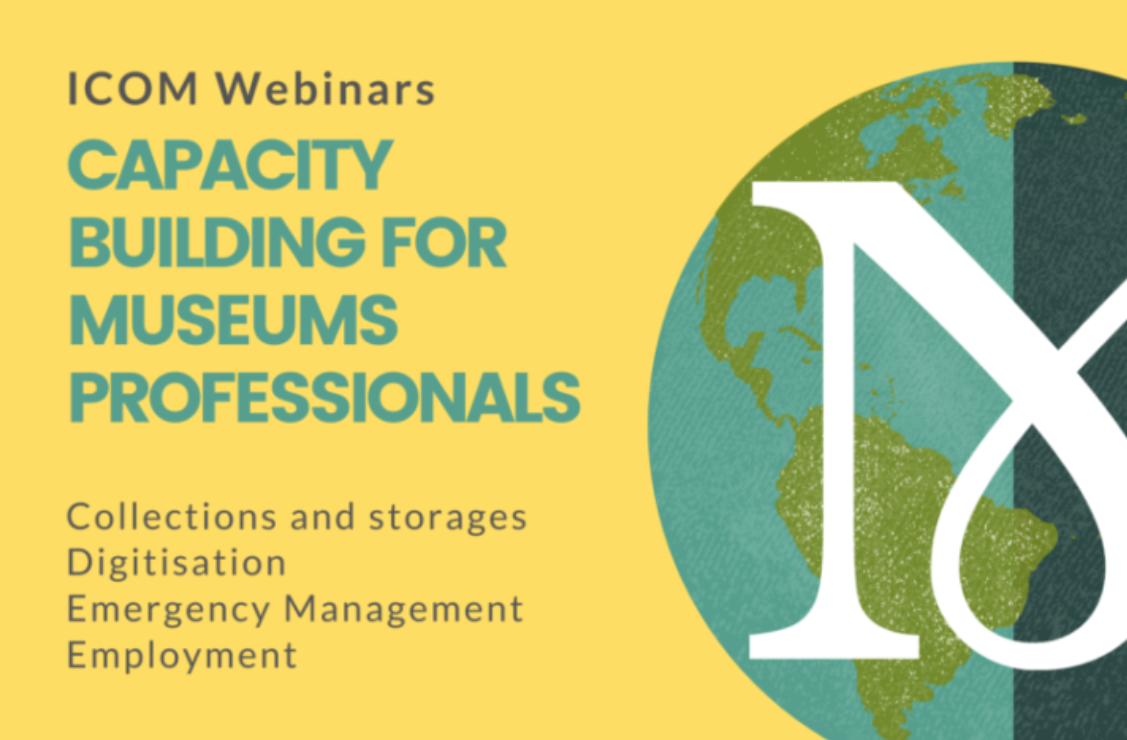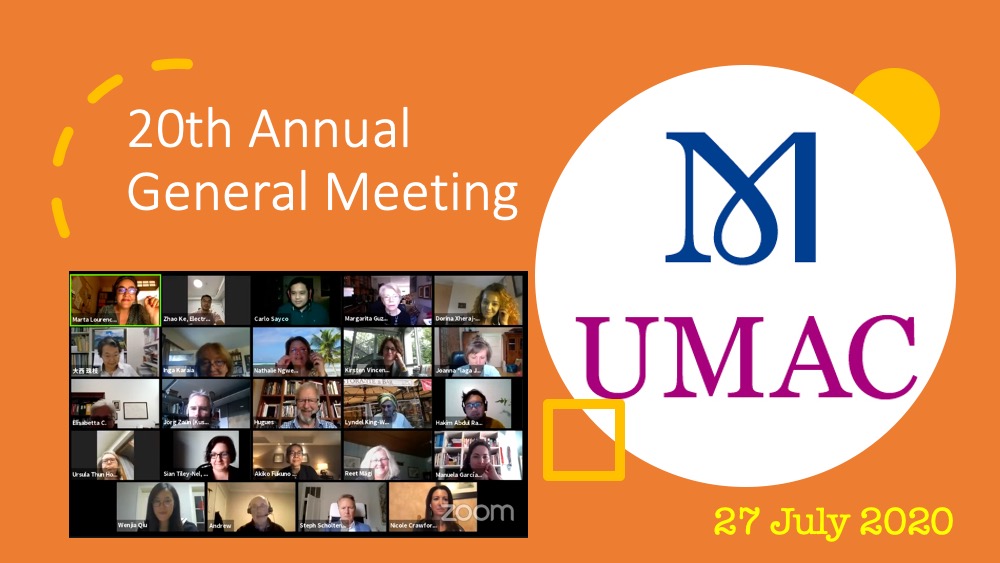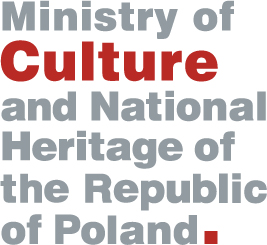Wednesday, 9 September 2020
Grâce Homsy-Gotwalles discute des opportunités de formation des professionnels des musées après l’explosion à Beyrouth.
Avec Sébastien Soubiran, UMAC Board/UNIVERSEUM/Université de Strasbourg.
Thursday, 27 August 2020
Suzy Hakimian, Chair of ICOM-Lebanon talks to us about the impact of the explosion, the reconstruction of museums, the international effort, and more.
Friday, 14 August 2020
Elsa Urtizverea, Heritage Protection Coordinator at the ICOM Secretariat in Paris shares her first hand impressions and explains the next steps for the international recovery efforts.
Wednesday, 12 August 2020
To the volunteers in Beirut:
Transcription:
Dear volunteers,
The international community of university museums and collections is deeply sorry for the shocking tragedy that happened last week in your beautiful city of Beirut, Lebanon. You, your family, your friends and all citizens of Beirut are in our minds and hearts, and I sincerely hope you are all well.
I want to express my deepest gratitude, on behalf of UMAC, for your amazing capacity of response and spirit of solidarity. The task ahead is huge and barely starting, but I am confident that with your help, resilience and passion, the cultural heritage of Beirut – particularly the outstanding museums, collections and archives of Beirut universities – will soon be well preserved and accessible again for research, education and culture.
On the international community side, the response has also been super quick and we are proud to be part of a coalition of institutions involving ICOM, ICOMOS, the Blue Shield, and others, led by ICOM Lebanon.
I want each and every one of you to know that you are not alone. You will be working towards the preservation of heritage that is not only of the Lebanese but of citizens from all over the world, of citizens of the future. Your hands and minds will be the hands and minds of hundreds of us who cannot be physically with you at this moment.
Thank you all, and thank you Gilbert, Elsy and David for mobilizing this extraordinary group. Together we will restore Beirut’s cultural heritage to its 3 August glory – perhaps even better. And I look forward to meeting you personally, one by one, as soon as possible.
Take care.
Marta Lourenço, University of Lisbon
12.08.2020
Sunday, 9 August 2020
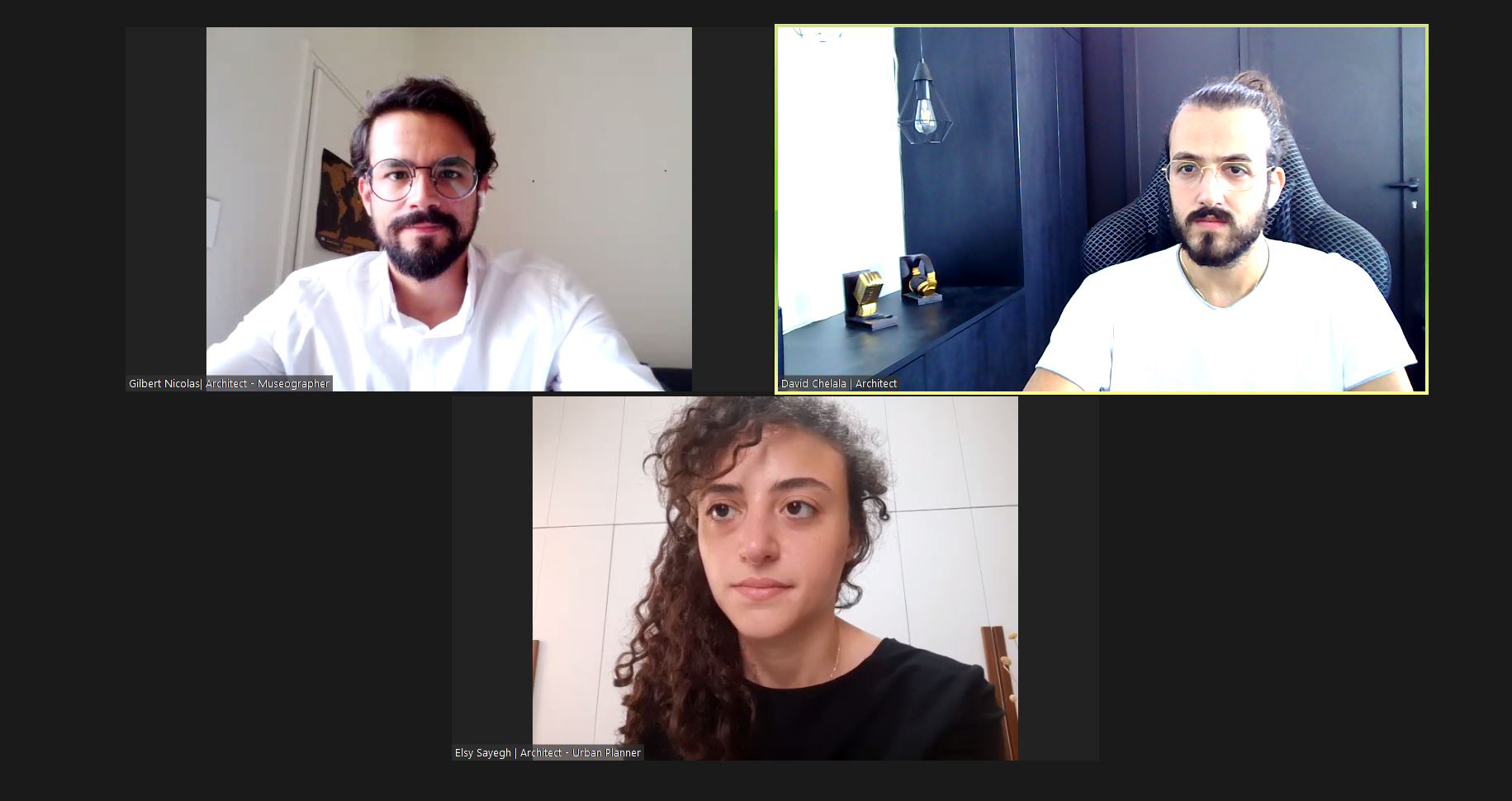
The architects Gilbert Nicolas, Elsy Sayegh and David Chelala are mobilizing volunteers to assess damages to museums in Beirut, assist with the clean up and reporting back to ICOM-UMAC.
They will be working with ICOM-Lebanon and Elsa Urtizverea, from the Heritage Protection Department of the ICOM Secretariat in Paris.
If you are in Beirut, your help is most appreciated. Sign in here to volunteer.
Friday, 7 August 2020
For the past 48 hours, Gilbert Nicholas has been visiting museums in Beirut, talking to staff, documenting damages and helping with the clean up. Today, he gives UMAC a first-hand report on the impact, particularly to university museums and collections.
